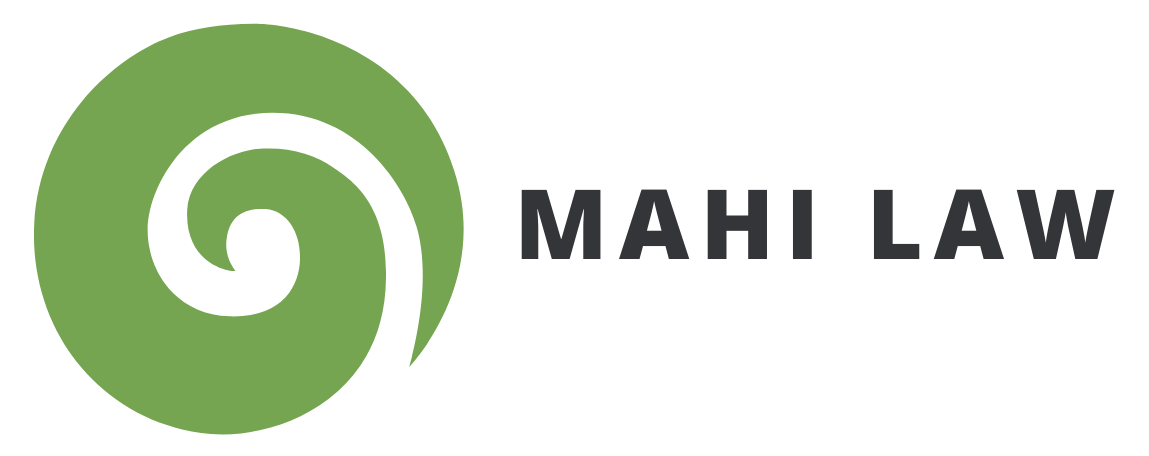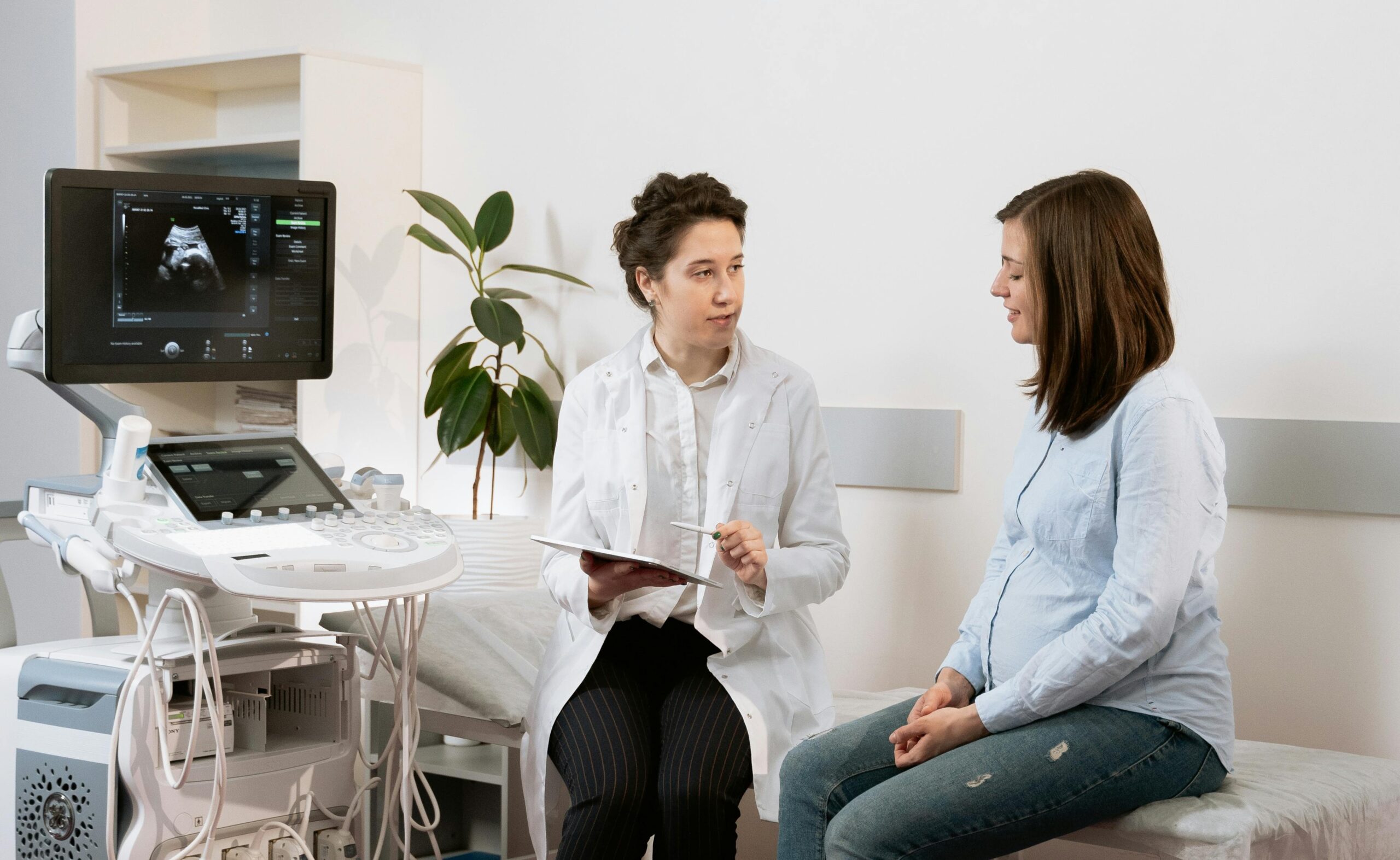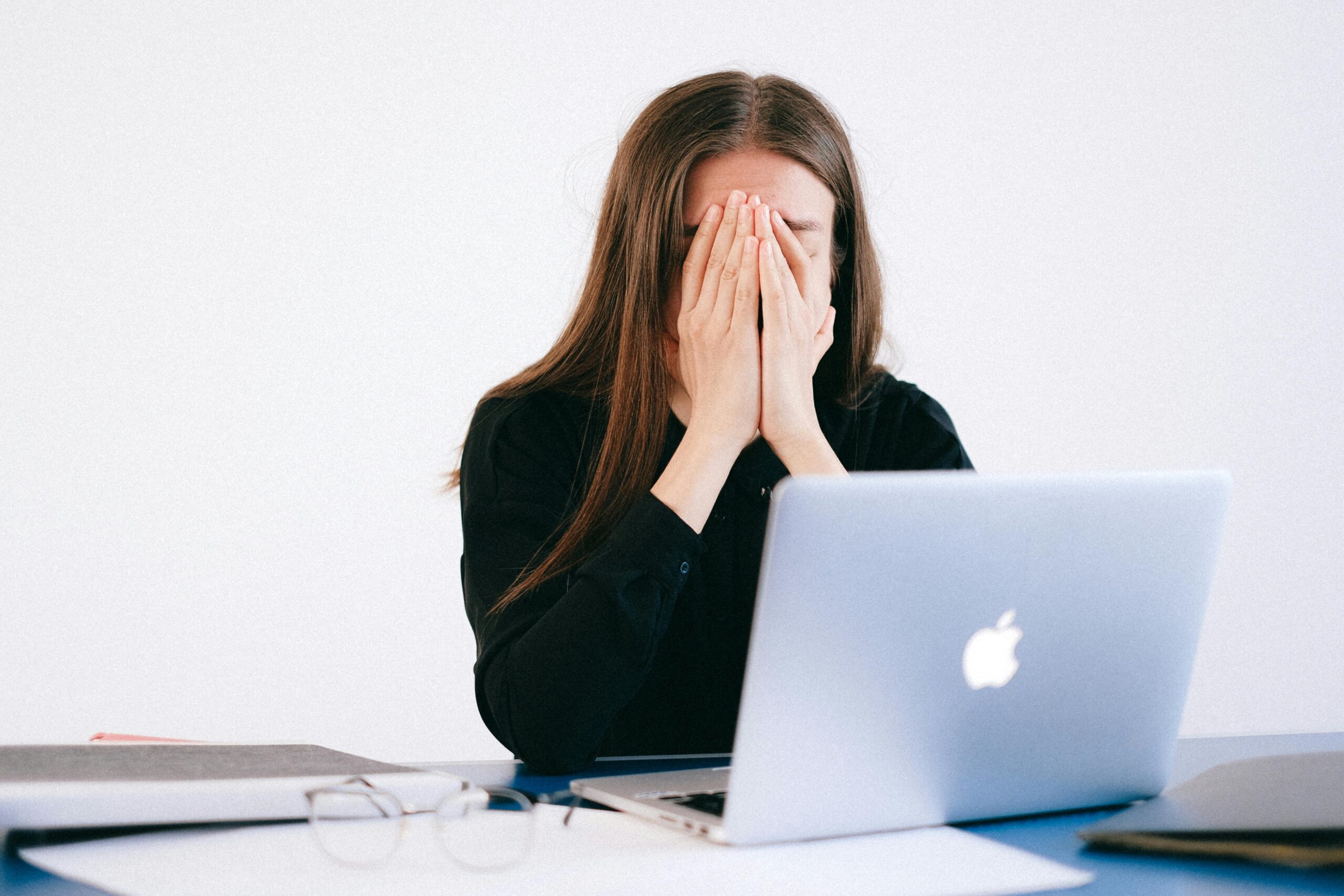Employees are entitled to take sick leave when they are unwell, and the law protects them from losing their job because of it. However, like any workplace issue, understanding your rights can help avoid misunderstandings between you and your employer.
So, the question remains – Can you get fired for taking sick leave?
The short answer is no, you cannot be fired simply for taking sick leave, provided that your sick leave is in accordance with the law and company policies. However, there are some nuances to consider, especially when it comes to frequent absences, or misuse of sick leave. Here’s an in-depth look at how sick leave works, and what you need to know.
Your Rights to Sick Leave
Under the Employment Relations Act 2000, all full-time employees in New Zealand are entitled to 10 days of paid sick leave per year after 6 months of continuous employment.
Part-time and casual employees are also entitled to sick leave, with the amount of days based on the number of hours they work. If you are unwell and need to take time off, you must notify your employer as soon as possible and provide a medical certificate if required.
Most employers will ask for a medical certificate if you take more than 3 days off in a row, although they might request one sooner. It’s always a good idea to check your workplace’s specific sick leave policies.
Furthermore, sick leave is a legal entitlement, so taking time off to recover from illness or injury is not a reason for dismissal. However, there are situations where issues related to sick leave could potentially lead to dismissal.
Dismissal for Frequent or Unjustified Sick Leave
While taking sick leave itself cannot lead to dismissal, the frequency and pattern of sick leave may raise concerns with your employer. If you are taking excessive or unexplained sick leave, or if your absences are affecting your performance and productivity, an employer may question your commitment to the job.
However, it’s important to note that an employer must act in good faith and follow the correct process if they intend to take any disciplinary action related to sick leave.
This means:
Communicating openly: The employer must discuss their concerns with you and give you an opportunity to explain.
Providing warnings: If your sick leave is becoming an issue, your employer should provide you with a formal warning and give you the chance to improve.
Providing evidence: If your sick leave is deemed unjustified or too frequent, the employer may ask for medical evidence or proof that you are genuinely unwell.
An employer must not make a decision to dismiss you for taking sick leave without first giving you the chance to address the concerns, and the dismissal must be fair, reasonable, and based on a valid reason.
Sick Leave Abuse or Misuse
If your employer believes that you are abusing sick leave (e.g., taking time off when you’re not genuinely sick), they may investigate the situation further. However, they cannot simply terminate you for taking sick leave without following the correct process.
In cases of suspected sick leave abuse, the employer should:
Investigate the situation: Employers may ask for a medical certificate or request more information if they believe sick leave is being misused. They may also monitor your attendance over time.
Provide an opportunity to explain: If there’s a pattern of sick leave abuse, the employer should discuss the issue with you and ask for an explanation.
Issue warnings: If the misuse of sick leave continues, the employer may issue warnings or take further disciplinary action, but only after giving you the opportunity to improve.
If an employer fires you without properly investigating the situation or giving you the opportunity to improve, it may be seen as an unjust dismissal.
Taking Sick Leave During Pregnancy or Parental Leave
Pregnancy-related illnesses and time off for medical appointments are also covered by sick leave entitlements. If you need to take time off due to pregnancy-related health issues, you are entitled to use your sick leave just like anyone else.
Moreover, when you’re on parental leave, your job is protected by law. Your employer is required to keep your position open for you once you return from parental leave, and you cannot be penalised for taking sick leave during this time.
What to do if you are Fearing Dismissal due to Sick Leave
If you feel that you may be at risk of being fired because of your sick leave, here are some steps you can take:
Check your rights: Familiarise yourself with your employment contract and the sick leave policy in your workplace. Ensure you are following the correct procedures when taking sick leave.
Be transparent: If you are genuinely ill, keep your employer informed. If possible, provide a medical certificate or other evidence of your illness.
Seek advice: If you are concerned that your employer may not be acting fairly, consider seeking advice from an employment relations specialist. They can help you understand your rights, and how to address any concerns.
Document everything: Keep a record of all communications with your employer regarding your sick leave. This will be useful if you need to raise a grievance later.
Personal Grievances for Unfair Dismissal
If you have been dismissed for taking sick leave and you believe the dismissal was unjustified, you may be able to file a personal grievance.
Personal grievances can be lodged with your employer within 90 days of the dismissal (or 12 months for sexual harassment claims), and if the matter isn’t resolved internally, it can be taken to mediation under Employment New Zealand, or the Employment Relations Authority (ERA) if mediation is unsuccessful.
If you believe you’ve been unfairly dismissed due to legitimate sick leave, seeking employment advice is critical. An employment relations specialist can help you understand the best course of action and ensure that your rights are protected.
Conclusion
Employees cannot be fired simply for taking sick leave. Sick leave is a legal entitlement, and your job is protected when you follow the correct procedures for taking time off.
However, if you take excessive or unjustified sick leave, or if your absences negatively impact your performance, your employer may have grounds for concern. In such cases, they must follow a fair process and act in good faith before taking any disciplinary action.
If you feel that your sick leave is being unfairly questioned or if you are at risk of dismissal, it’s important to seek legal advice. By understanding your rights and following the correct procedures, you can protect yourself and your job while maintaining your health and wellbeing.
Mahi Law can Help!
Our expert team will help you understand your employment rights, and pursue resolution (including compensation) through various channels, such as: Without prejudice negotiations, mediation, the Employment Relations Authority, or Employment Court if required.
We also work on a no-win, no-fee basis – if we win your case, your employer covers the costs.
Get in touch for a free consultation! You can fill out this form – or contact us at [email protected], or 0800 450 032.
Follow us for more tips and insights → Instagram | LinkedIn | Facebook | TikTok



